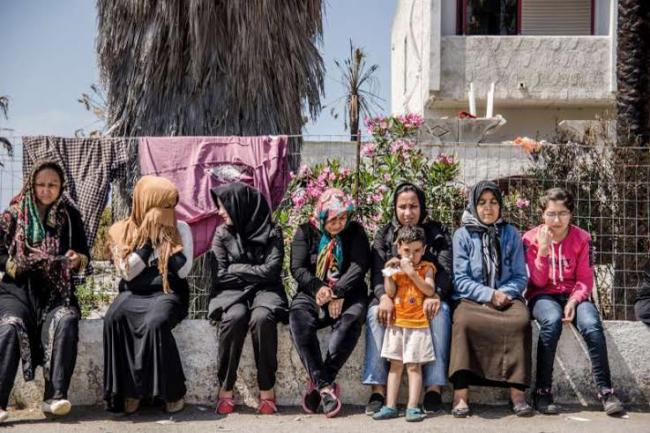
UN agency welcomes European Union measures on refugee arrivals, urges more action
According to the Office of the UN High Commissioner for Refugees (UNHCR), 40,000 people who have arrived in Greece and Italy will be relocated to other EU states over the next two years while another 20,000 refugees will be resettled within Europe.
“It is essential that States work together to find answers, and that Europe shows leadership and vision in addressing the challenges of protecting the thousands of refugees,” UNHCR spokesperson, Adrian Edwards, told reporters at a press briefing in Geneva today.
“These measures will need to be expanded to address current needs, and the fact that an increased proportion of sea arrivals are now taking place in Greece. This initiative can help to alleviate some pressure on Italy and Greece, but also needs to be accompanied by a better functioning of the Dublin System,” he added, referring to the legal system which determines the European Member State responsible for an asylum claim.
Sea crossings from the Middle East and North Africa to Europe have surged with the most recent official figures showing that as of 8 June a total of 103,000 refugees and migrants had arrived in Europe: 54,000 in Italy, 48,000 in Greece, 91 on Malta and 920 in Spain. This includes record numbers of refugees landing daily in the Greek islands. Meanwhile, the overall forced displacement numbers in Europe for the 2014 reporting period totalled an overwhelming 6.7 million.
On the specific proposal for EU-wide resettlement of 20,000 refugees, UNHCR has urged EU States to make concrete commitments towards the goal beyond existing resettlement quotas.
To that point, Edwards said the UN agency called on member States to offer other legal avenues for people in need of international protection, including “a more effective, timely and consistent application of family reunification procedures.”
“Through more targeted assistance, including development initiatives, the resilience and self-reliance of refugees and internally displaced populations could be strengthened, allowing them to live their lives with hope and dignity,” he concluded.
Photo: UNHCR/J. Akkash
Support Our Journalism
We cannot do without you.. your contribution supports unbiased journalism
IBNS is not driven by any ism- not wokeism, not racism, not skewed secularism, not hyper right-wing or left liberal ideals, nor by any hardline religious beliefs or hyper nationalism. We want to serve you good old objective news, as they are. We do not judge or preach. We let people decide for themselves. We only try to present factual and well-sourced news.







